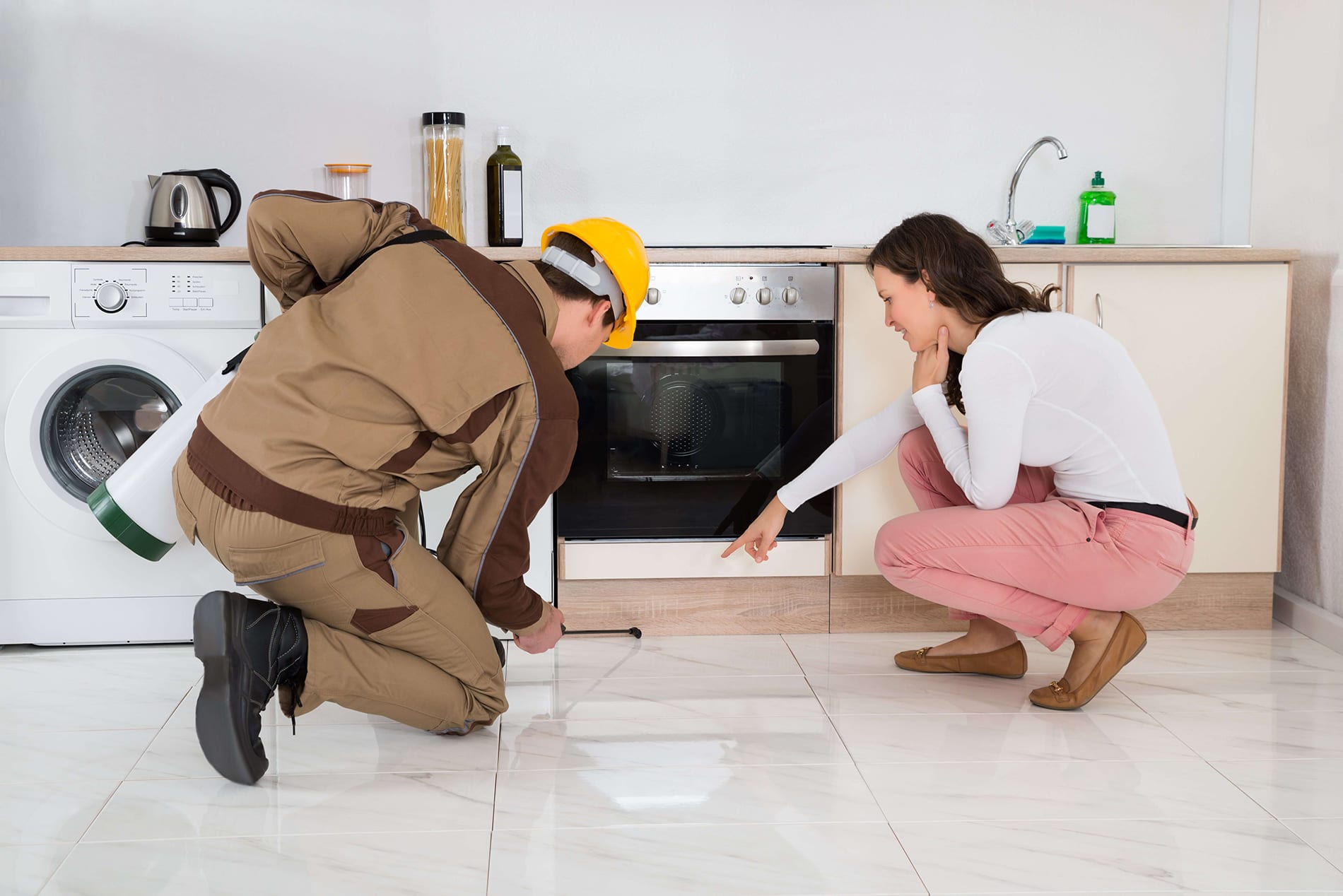Swimming Pool Maintenance: A Complete Guide to a Clean and Safe Pool
Keep your swimming pool clean, safe, and sparkling with expert maintenance tips. Learn about water balancing, cleaning, equipment care, and seasonal pool upkeep. Explore essential swimming pool maintenance tips to ensure crystal-clear water, prevent damage, and extend your pool’s lifespan with easy, effective routines.
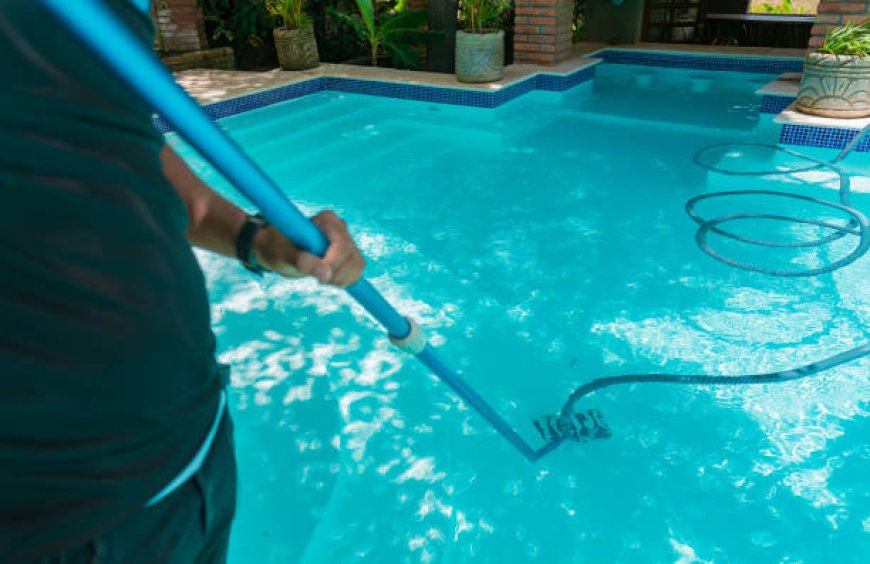
Owning a swimming pool offers relaxation, fun, and fitness—but it also comes with the responsibility of proper care. Regular swimming pool maintenance is essential not only for keeping the water clean and crystal-clear but also for protecting the health of swimmers and extending the life of your pool and equipment. Whether you own a residential pool or manage a commercial facility, understanding the basics of pool maintenance is key to enjoying a safe and enjoyable experience year-round.
Why Pool Maintenance Matters
Clean water isn't just about appearance—it’s about safety. Poorly maintained pools can harbor harmful bacteria, algae, and debris. Imbalanced chemicals can irritate skin and eyes, damage pool equipment, and cause long-term structural issues. Routine maintenance:
-
Ensures swimmer safety
-
Improves water clarity and comfort
-
Extends the lifespan of pool equipment
-
Prevents algae growth and surface staining
-
Saves money on major repairs and replacements
Core Components of Swimming Pool Maintenance
To maintain a pool properly, you need to focus on three key areas: water quality, surface cleanliness, and equipment performance.
1. Water Chemistry Balance
Maintaining balanced water chemistry is essential for healthy swimming conditions. Key elements include:
-
pH level: Should stay between 7.2 and 7.8
-
Chlorine: Kills bacteria and should remain between 1.0 – 3.0 ppm
-
Alkalinity: Should be between 80 – 120 ppm to stabilize pH
-
Calcium Hardness: Helps prevent corrosion or scaling
-
Cyanuric Acid: Protects chlorine from sun degradation
Test water at least 2–3 times a week using test strips or a digital tester and adjust chemicals as needed.
2. Cleaning and Skimming
Dirt, leaves, bugs, and other debris can accumulate on the water surface and pool floor. Clean your pool regularly using:
-
A leaf skimmer to remove surface debris
-
A pool vacuum (manual or robotic) to clean the floor
-
A pool brush for scrubbing walls and steps
-
Filter backwashing to remove dirt from sand or DE filters
Doing this 2–3 times per week keeps your pool sparkling and minimizes chemical use.
3. Equipment Maintenance
Your pool's pump, filter, and heating system need regular checks to operate efficiently. Monthly inspection of the:
-
Pump and motor for leaks or noise
-
Filter system (clean or backwash as needed)
-
Skimmer baskets (empty weekly)
-
Heater for functionality, especially before seasonal use
Professional servicing once or twice a year can catch small problems early and avoid costly breakdowns.
Seasonal Pool Maintenance Tips
Summer
-
Test water more frequently
-
Add algaecide to prevent growth
-
Monitor water levels due to evaporation
Winter
-
Clean and cover the pool
-
Add winterizing chemicals
-
Lower the water level and drain equipment if necessary
Professional Pool Maintenance Services
If you don’t have time or knowledge to care for your pool, consider hiring professional maintenance services. These experts provide:
-
Routine cleaning and chemical balancing
-
Equipment inspections and repairs
-
Emergency water treatment
-
Deep cleaning and algae removal
Many companies offer weekly or monthly packages tailored to your pool size and usage.
Conclusion
Proper swimming pool maintenance ensures a safe, hygienic, and enjoyable swimming experience. Whether you maintain it yourself or hire a professional, staying on top of cleaning, chemical balancing, and equipment care will protect your investment and health. A clean pool is more than just beautiful—it’s a place where friends and family can safely relax, exercise, and have fun.









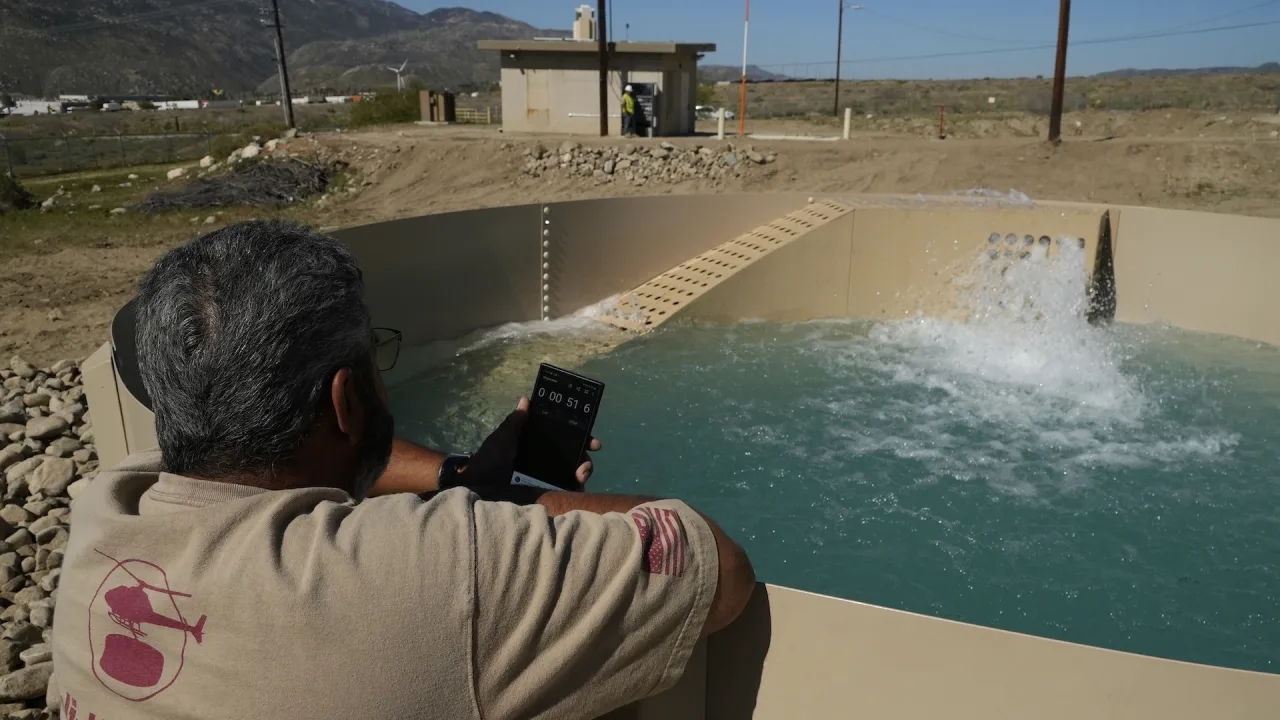





























































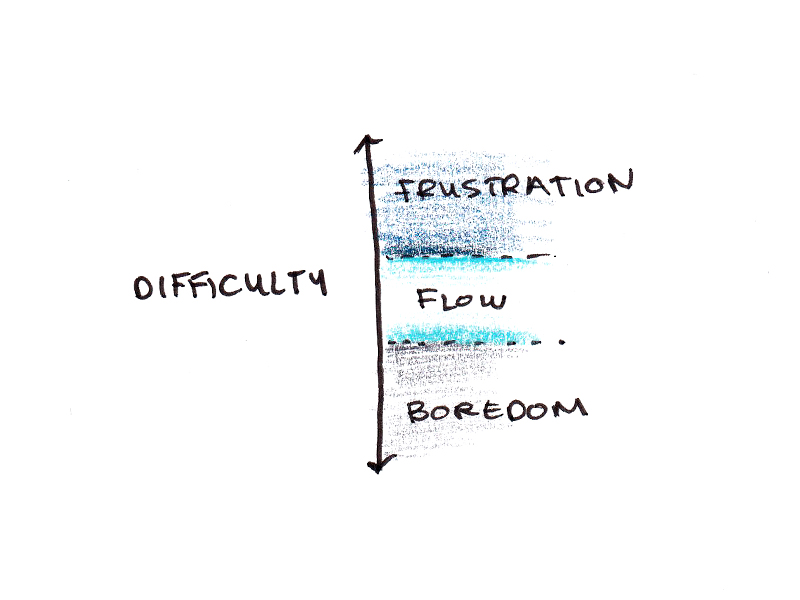




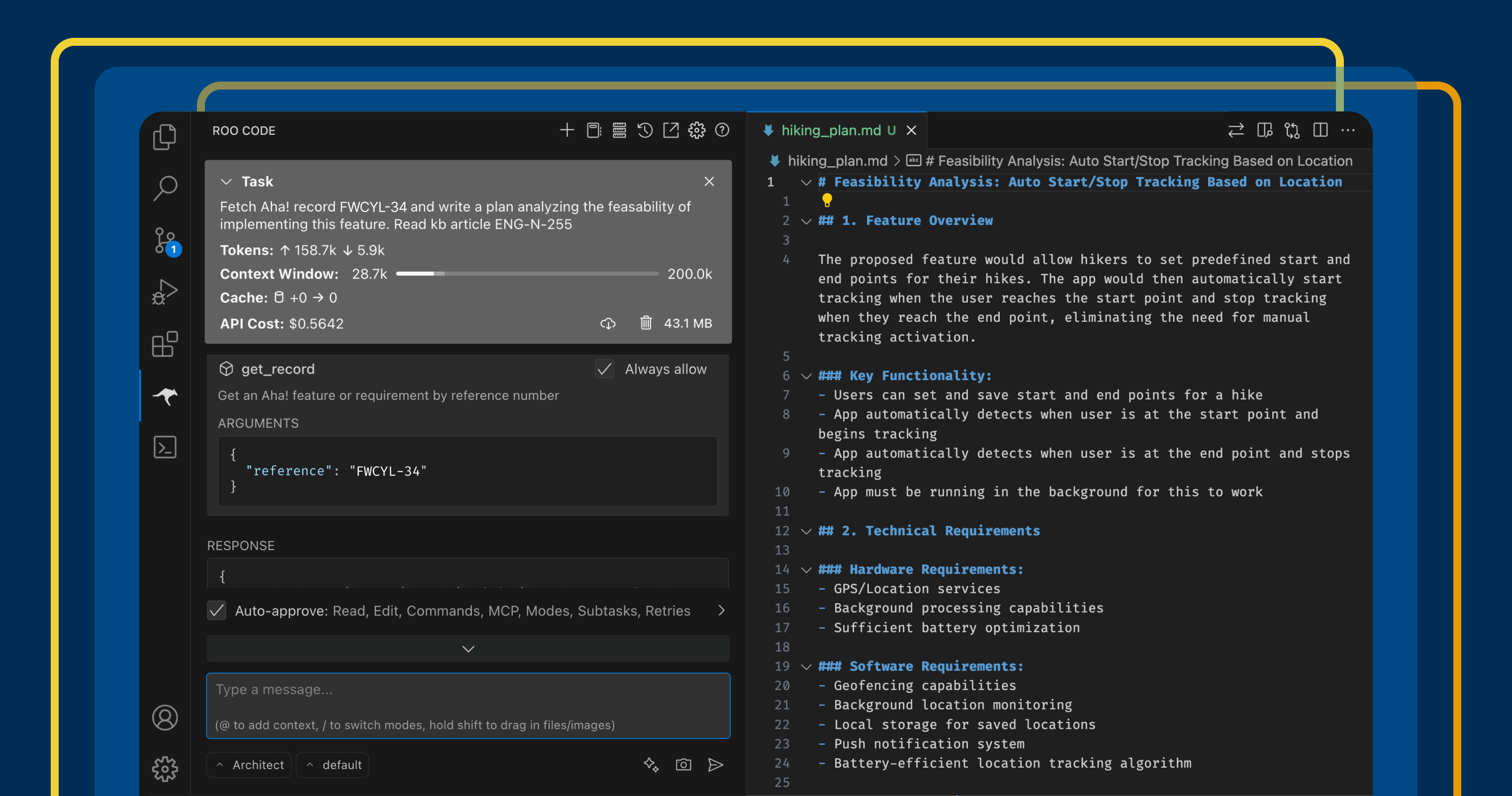


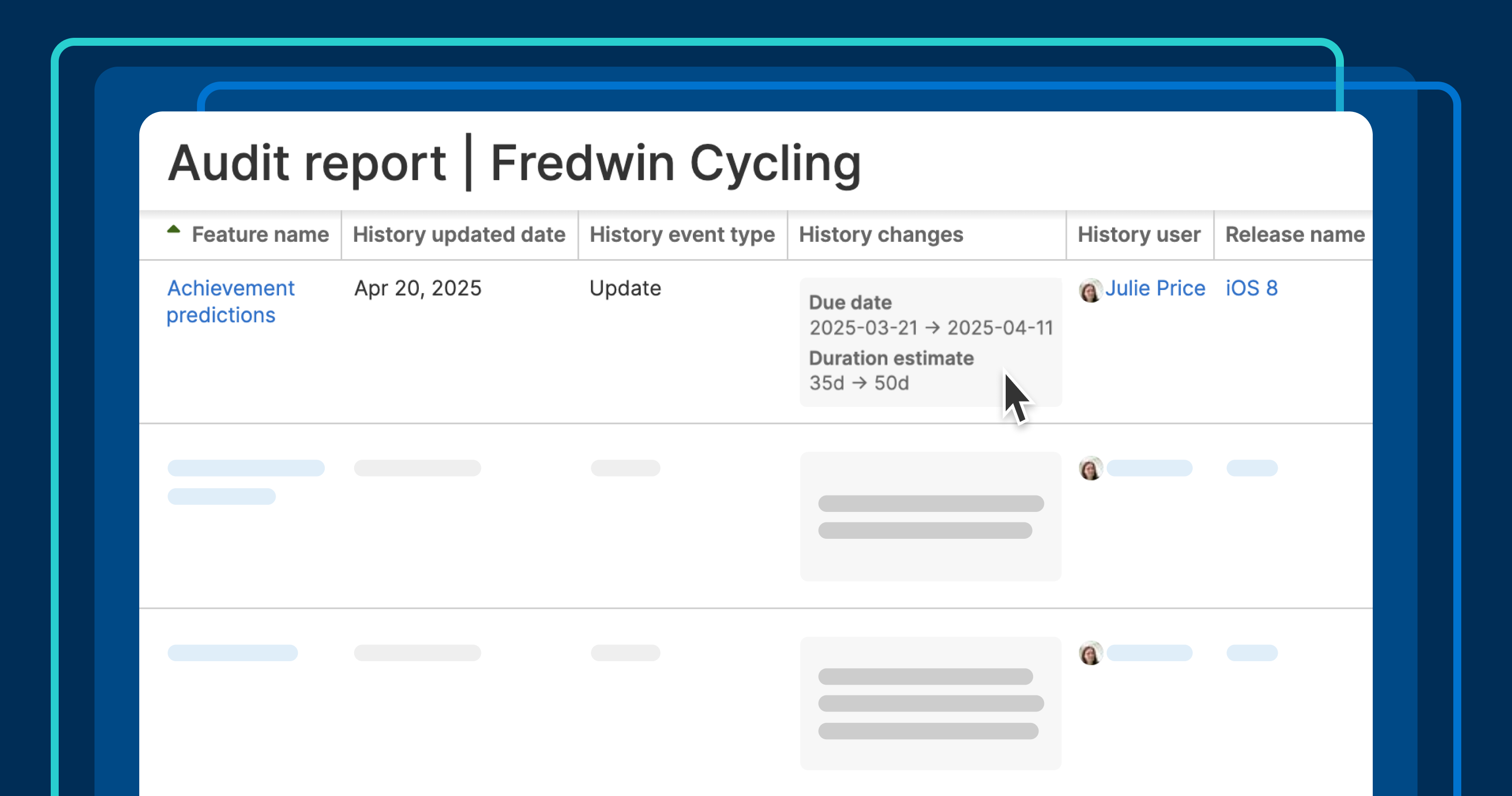


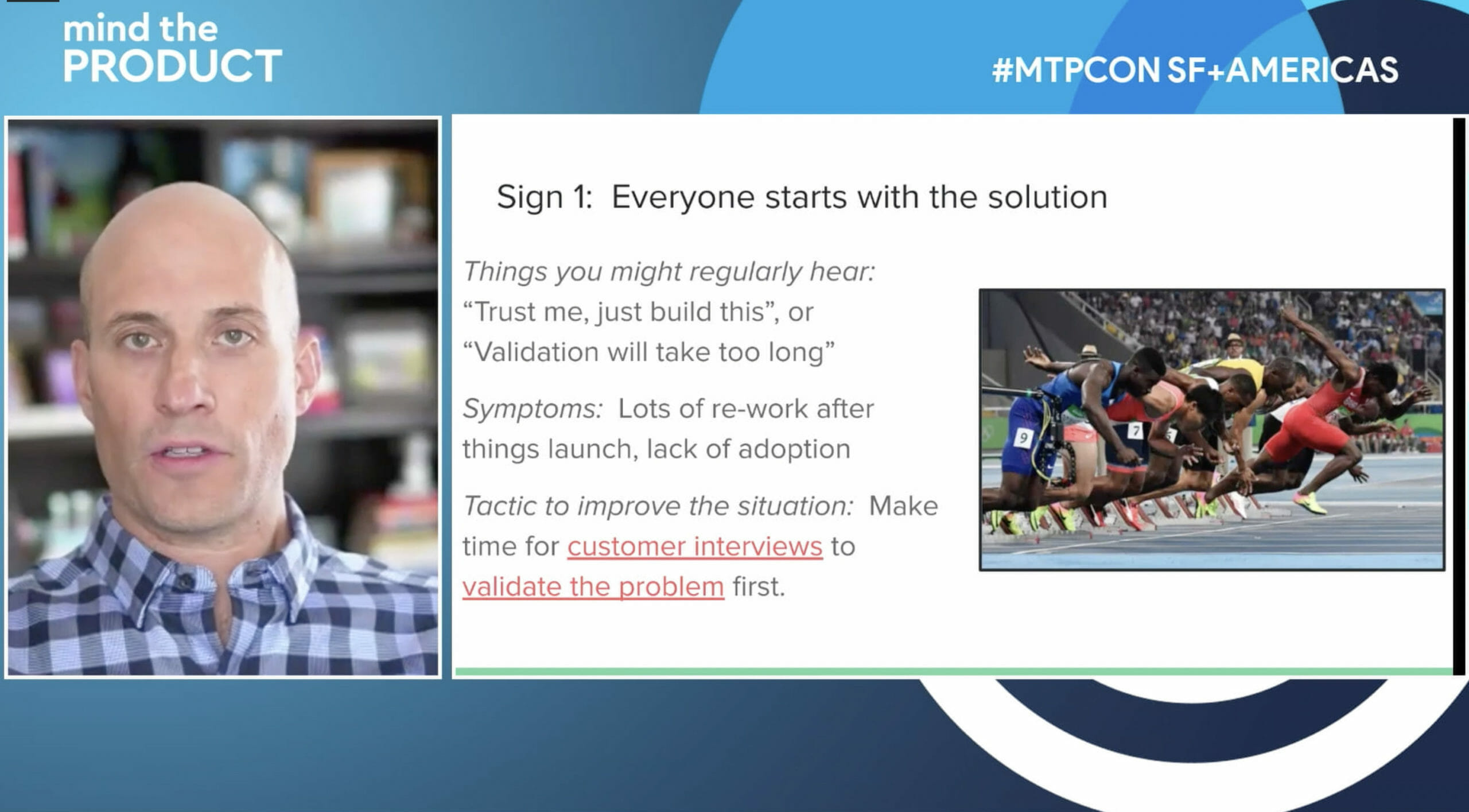


















![Building A Digital PR Strategy: 10 Essential Steps for Beginners [With Examples]](https://buzzsumo.com/wp-content/uploads/2023/09/Building-A-Digital-PR-Strategy-10-Essential-Steps-for-Beginners-With-Examples-bblog-masthead.jpg)






